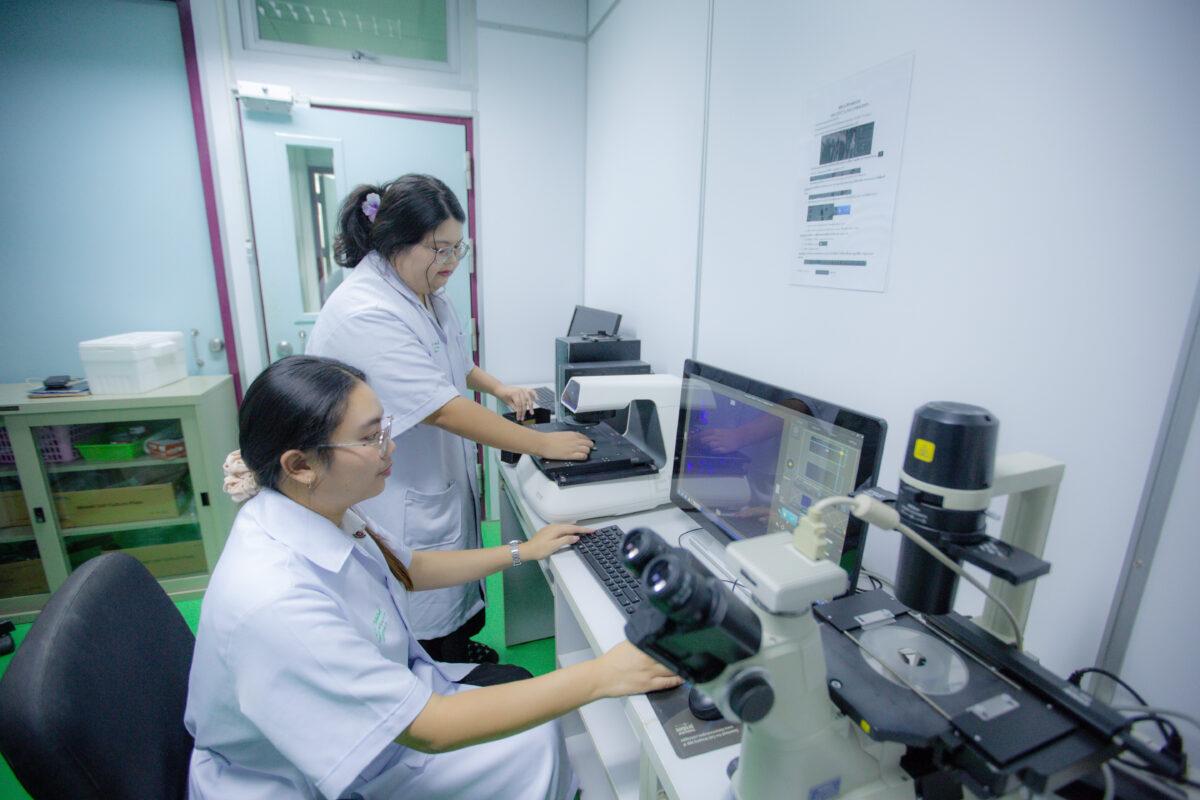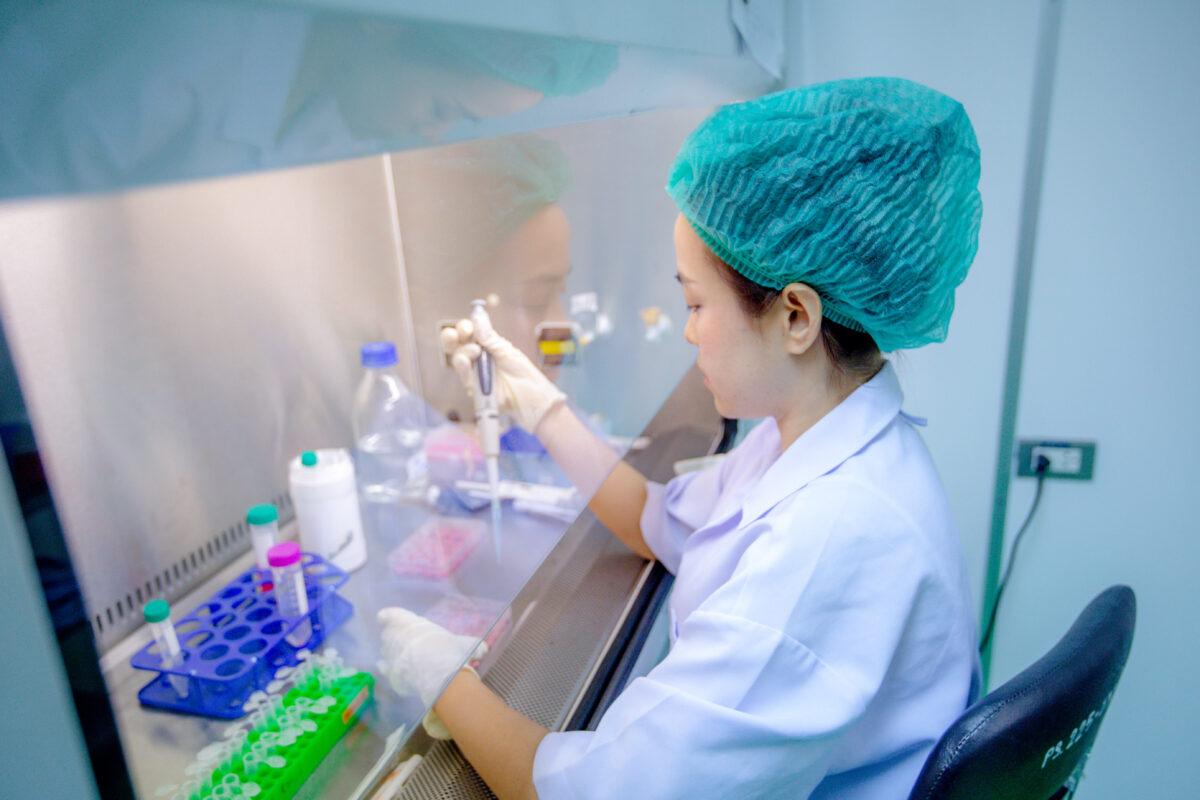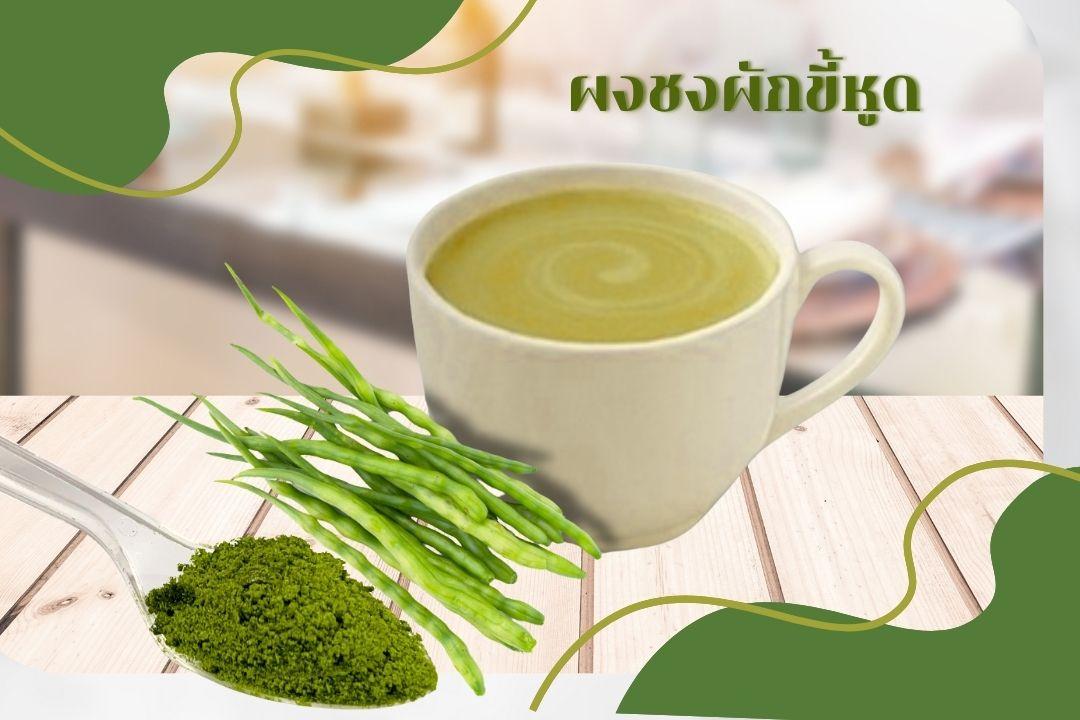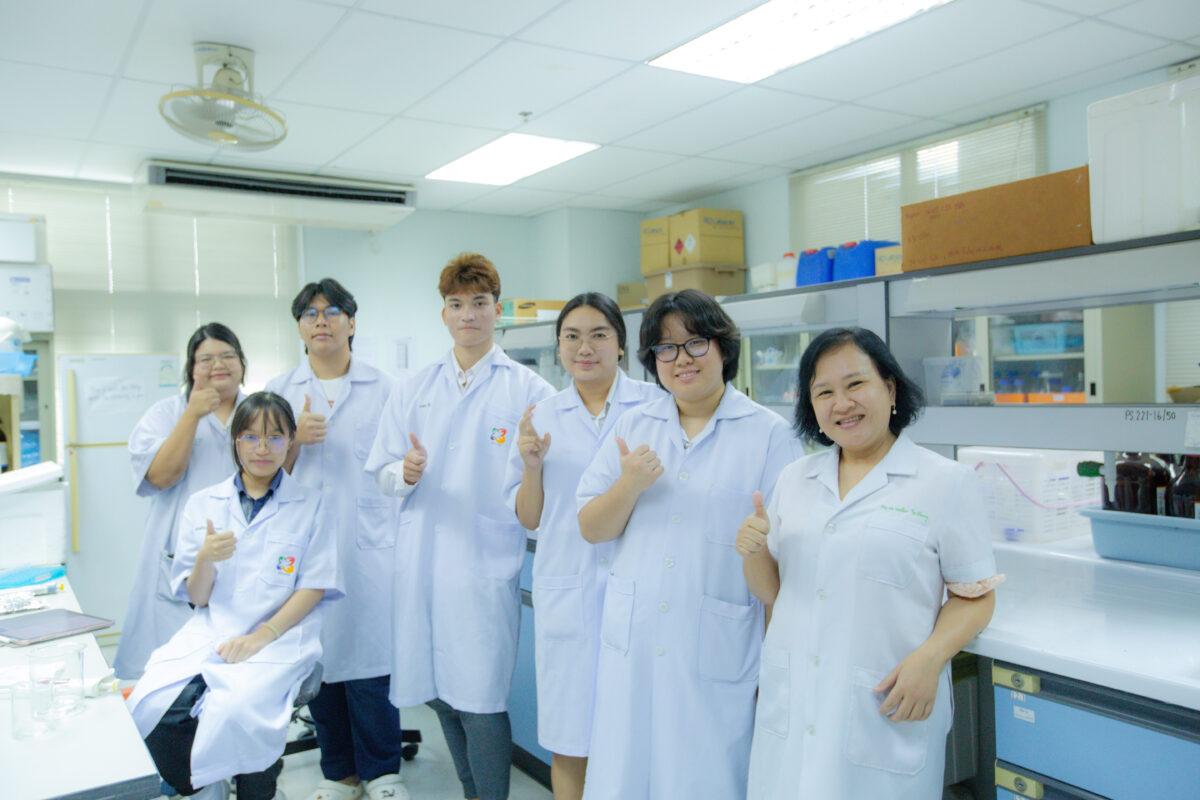Cancer prevention is a global concern, leading to increasing interest in vegetables with medicinal properties. Among these, broccoli has long been praised as one of the healthiest vegetables due to its high content of isothiocyanates, particularly sulforaphane—a compound known for its antioxidant and anticancer properties.
However, Thailand still relies heavily on imported broccoli, as domestic production is limited by the crop’s need for cool climates and relatively high production costs. A local substitute would not only diversify healthy food options but also promote sustainability and food security by reducing dependence on imports.

In a breakthrough study, Assoc. Prof. Dr. Natthida Weerapreeyakul from the Division of Pharmaceutical Chemistry, Faculty of Pharmaceutical Sciences, Khon Kaen University, revealed that Thai rat-tailed radish (Raphanus sativus Linn. var. caudatus Alef.), a vernacular name as pak kii-hood, possesses anti-cancer properties comparable to, and in some aspects superior to, those of broccoli. The seed pods of this vegetable contain a compound called sulforaphene, which has shown strong efficacy in killing cancer cells — a compound found only in small quantities in broccoli. 
“This discovery arose from a comparative study of cruciferous vegetables commonly found in Thailand, aiming to find locally accessible alternatives to imported broccoli for cancer prevention,” explained Assoc. Prof. Dr. Natthida.
“Our published findings showed that extracts from Thai rat-tailed radish demonstrated stronger activity against colon cancer cells in laboratory settings than broccoli extracts.”
Further analysis revealed that the pods and flowers of Thai rat-tailed radish are rich in isothiocyanates, particularly sulforaphene, as well as phenolic compounds and flavonoids, which enhance antioxidant and anti-cancer activity. Animal studies confirmed the extract’s ability to inhibit carcinogen activity, enhance phase II drug metabolism enzymes, and reduce early-stage inflammation in liver cancer — all without observed toxicity.
One major challenge, however, is that Thai rat-tailed radish only grows during the winter season in northern and parts of northeastern Thailand, where the temperature is not too hot. To address limited availability, the research team developed a dry powder formulation that preserves the key active compounds and can be mixed with various milk types, such as cow’s milk, soy milk, oat milk, or almond milk.
“The most effective way to preserve these compounds is to produce a powdered form that consumers can reconstitute themselves, similar to preparing coffee or cocoa,” Assoc. Prof. Dr. Natthida explained.

The production process involves selecting high-quality pods, applying a specialized drying technique that retains maximum sulforaphene content, and processing them into a fine powder using a patented formula. The final product has a shelf life of 6–12 months, does not alter the flavor or color of milk when mixed, and retains its cancer-preventive properties effectively.

Advanced analysis techniques such as Gas Chromatography-Mass Spectrometry (GC-MS) and High-Performance Liquid Chromatography (HPLC) confirmed the high levels of isothiocyanates — particularly sulforaphene — in Thai rat-tailed radish, in concentrations higher than those found in broccoli or cabbage. The presence of phenolic and flavonoid antioxidants further enhances the extract’s protective effects.
“Compared to conventional supplements, this product stands out as a natural source of sulforaphene — a potent anti-cancer compound not commonly found in high quantities in broccoli,” said Assoc. Prof. Dr. Natthida.
“Additionally, when combined with milk, it adds nutritional value from protein and calcium. This product is especially suited for teenagers, working adults, and the elderly, or anyone who has difficulty chewing vegetables or seeks convenient functional foods. It can also be blended into smoothies or incorporated into various recipes.”
Following the publication of these findings, Thai farmers have begun showing interest in cultivating Thai rat-tailed radish, opening the door to contract farming and organic agriculture. Assoc. Prof. Dr. Natthida emphasized that industrial-scale production of health-promoting products should be supported by strict quality control, organic standards, and precise standardization of bioactive compound levels across batches, along with a variety of design options for packaging..
“This is more than just a product innovation — it’s a full ecosystem,” she said.
“From promoting organic farming to modern processing and enabling nationwide access to high-quality health products, this model can help reduce dependence on imported health supplements and bolster national food security.”

This innovative Thai rat-tailed radish powder marks another important milestone in Khon Kaen University’s mission to produce research that benefits society and the economy. The project aligns with KKU’s vision to be a leading global research university, bridging modern science and local wisdom through the valorization of native Thai plants with remarkable nutritional and medicinal value.








